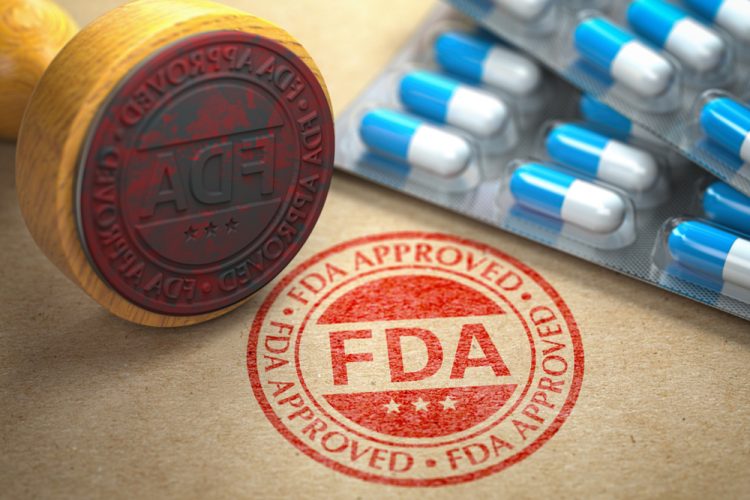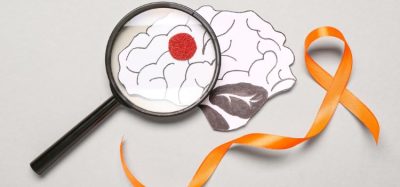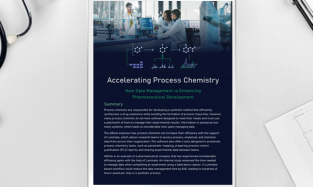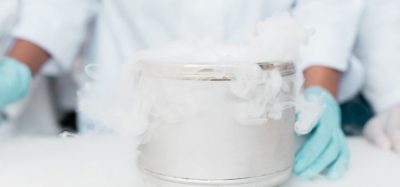FDA reaches over 100 Competitive Generic Therapy approvals
Posted: 3 September 2021 | Anna Begley (European Pharmaceutical Review) | No comments yet
The FDA reached the milestone of approving more than 100 generic drug applications with a Competitive Generic Therapy designation.


The US Food and Drug Administration (FDA) reached a new milestone, having approved more than 100 generic drug applications with a Competitive Generic Therapy (CGT) designation.
“This achievement highlights the success of the CGT programme, which was designed to encourage the development and marketing of generic drugs for products with little to no competition,” commented Sally Choe, director of the Office of Generic Drugs at the FDA’s Centre for Drug Evaluation and Research.
The first CGT-designated abbreviated new drug application (ANDA), also known as a generic drug application, was approved on August 8, 2018. The related guidance for industry, Competitive Generic Therapies, was published as a draft in February 2019 and finalised in March 2020. The guidance describes the process that generic drug applicants should follow to request designation of a drug as a CGT and the criteria for that designation, as well as additional information about the CGT programme.
Applicants for drugs that receive a CGT designation may be eligible for a 180-day period of marketing exclusivity if they are the first approved applicant for that CGT and meet certain other conditions. Under a special forfeiture rule for CGTs, the applicant must commercially market the CGT within 75 calendar days after the date of approval of its ANDA, or it will forfeit its exclusivity. This marketing exclusivity blocks approval of competitive ANDAs, but only begins when the first CGT product is marketed. This provides an incentive to market the CGT quickly after it is first approved.
“There has been incredible interest in the CGT programme since its inception in 2017; hundreds of applicants have requested CGT designations, providing the ability for the FDA to approve more than 100 of these applications in less than four years, among a broad range of products and therapeutic areas,” Choe added.
“Additionally, more than 80 percent of the first-approved applicants who were eligible for Competitive Generic Therapy exclusivity started marketing the drug within 75 days after FDA approval. This is a sign the programme is achieving what we hoped – spurring both development and market availability of safe and effective generic drugs in areas of the market that previously had little to no competition, giving patients more affordable access to medicine,” concluded Choe.
Related topics
Drug Development, Drug Markets, Drug Safety, Generics, Regulation & Legislation, Therapeutics









